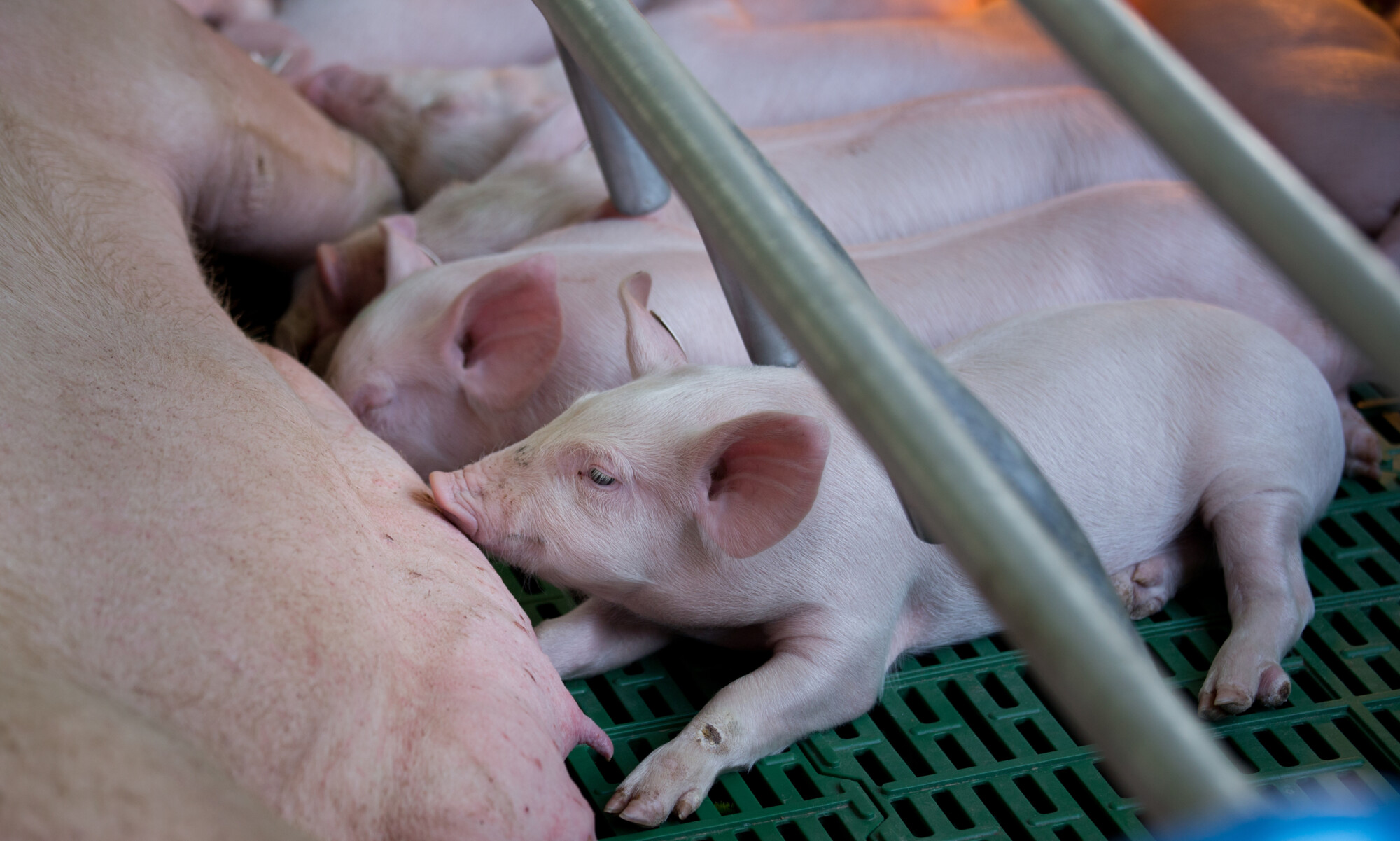Plans to immediately ban farrowing crates rejected by MPs
25th November 2021
The debate on farrowing crates has been ongoing for some time, with several dates for a ban having been proposed, despite producers’ concerns over the cost implications of the change to practice.

In summer 2020, the National Pig Association (NPA) warned the government that a proposed 2027 farrowing crate ban was ‘unrealistic’, but legislation proposed this week would have resulted in an almost immediate ban.
The NPA and others in the pig sector have warned of the potential burdens a ban could have on UK producers, with fears it could drive farmers out of business and actually lead to lower welfare pork in the country.
During a discussion on the Animal Welfare (Kept Animals) Bill, a clause proposed by shadow Defra minister Daniel Zeichner that would end the use of farrowing crates was briefly debated, and ultimately removed.
Mr Zeichner argued that farrowing crates were “a major concern because they prevent sows from building their nest […]. Alternatives to farrowing crates, many of them designed by British farmers and engineers, are already commercially available in the UK. We should support British ingenuity and pig welfare by requiring the use of these higher-welfare systems.”
However, Mr Zeichner said he was “also mindful of the challenges facing pig producers, particularly at the moment”.
He added: “We all want higher standards. This goes to the heart of the trade debate. There is no point imposing higher animal welfare standards here if the suffering, and the industry, is merely exported elsewhere.”
Placing the clause within the Animal Welfare (Kept Animals) Bill would have resulted in the ban being almost immediate, with very little time for producers to adapt. Following a year which has seen the pig sector descend into crisis, an immediate ban would place further financial crisis on farmers, and it is feared would have driven many out of the industry. This fact was highlighted by farming minister Victoria Prentis in her rebuttal of the clause.
Mrs Prentis, who had sought comment from NPA chief executive Zoe Davies a few days before the discussion, welcomed the move to higher-welfare systems but highlighted the practical implications of an immediate ban.
She made it clear that Defra was not pushing for an immediate ban, stating: “Without full consideration of the implications for animal welfare and the pig sector [a ban] would have a significant impact on the industry.”
She quoted Zoe from the NPA directly as saying: “To suggest an immediate ban on the use of farrowing crates would be the final straw for the majority of indoor producers and would trigger a mass exodus from the pig sector, thus exporting production to countries with lower welfare standards. Far better to work with the sector on a longer-term transition, which we have already begun.”
Mrs Prentis requested that the clause be withdrawn from the bill, saying: “Moving overnight entirely to free-farrowing systems would require a fundamental change for pig producers, and significant investment. I am keen to ensure we have a realistic phasing-out period that is sustainable for the industry.”
After the clause was officially rejected, the NPA commented to share its pleasure and reassure members that it is continuing to work with the government on industry issues. Zoe Davies said: “We are pleased that the clause has been thrown out and, it was good to hear both sides – government and opposition – showing awareness of the potential unwanted consequences of banning farrowing crates and desire to work with industry, proving that our lobbying has indeed been successful.
“They are talking to us and more importantly, listening. Members can rest assured that even though we focus on the day-to-day problems the industry is facing, we continue to push hard on this and many other important issues at the same time.”
